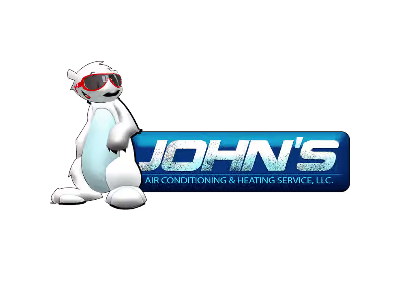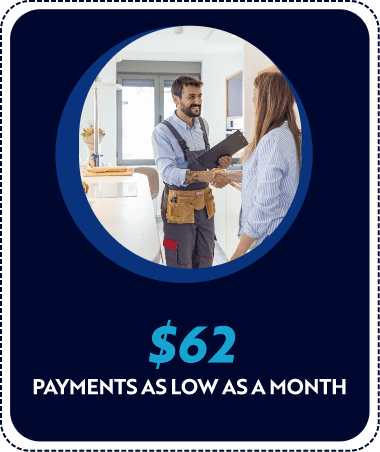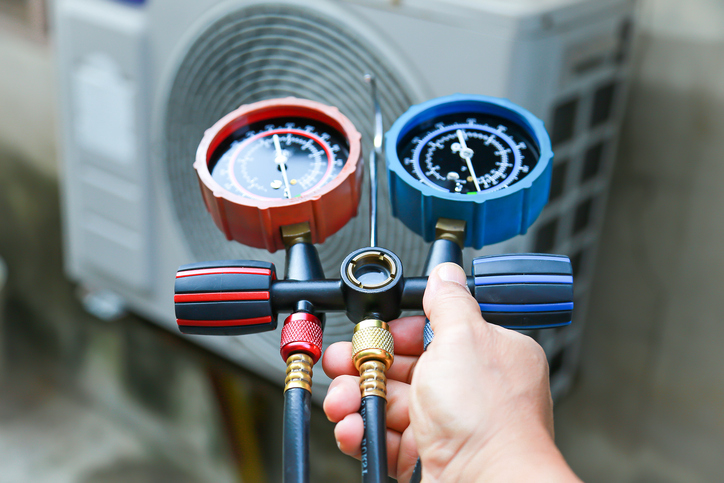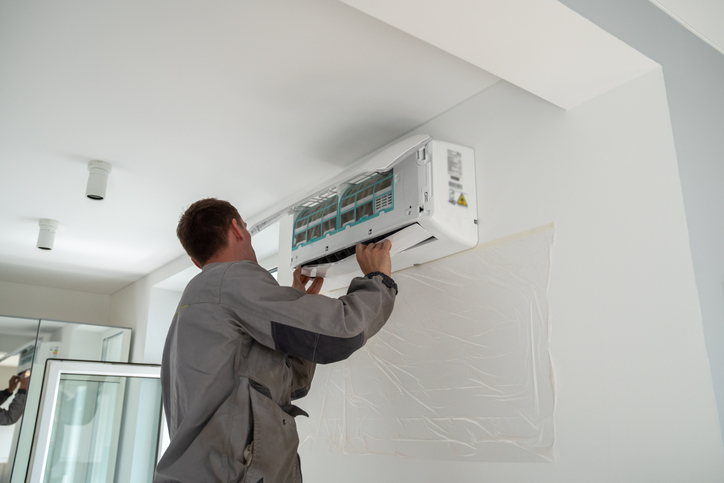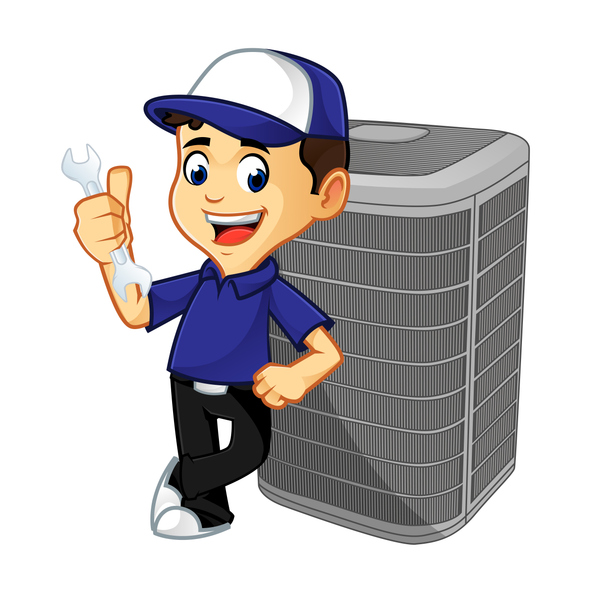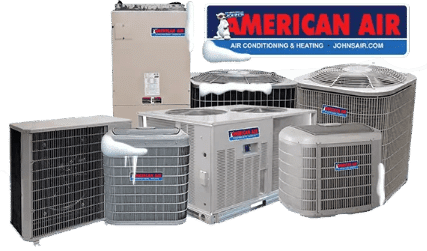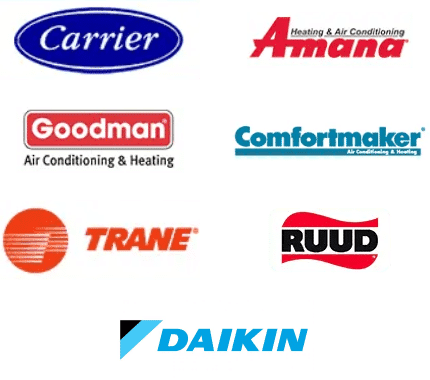A heat pump is an essential appliance that functions all year long to cool or heat your home. While an efficient heat pump can save you money on energy bills, the same machine can cost you more if it is not regularly maintained.
Furthermore, because of aging, a heat pump is prone to deteriorate and eventually show indicators of poor performance. Instead of spending money on pricey emergency repairs, learn to troubleshoot some of the most common heat pump issues before calling an HVAC specialist for help.
How To Look For Heat Pump Problems?
- Check For Power Loss
If your heat pump isn’t working, it’s probably due to an electrical problem. The first step is to ensure that your heat pump is receiving power. Check the panel box for tripped circuit breakers or blown fuses.
Flipping the breaker and replacing the fuse may resolve your problem. If the switch trips again, there is most likely a shortage in the electrical system. In such circumstances, contact a certified specialist to resolve the problem.
- Check Your Thermostat
If the power switch is turned on, but the heat pump still does not operate, the problem could be with the thermostat setting. Check that the thermostat is in the correct mode.
If you recently replaced the thermostat, it may be incompatible with your heat pump, which might damage sensitive thermostat and heat pump components, resulting in thermostat failure. Allow an expert to assist you in rewiring the thermostat so that it appropriately detects temperature differences.
- Check For Refrigerant Leaks
Heat pump problems are likely to happen if there is insufficient refrigerant due to a leak. Condensation on the evaporator coil may occur as refrigerant levels decline. If it becomes too cold, the condensation will freeze, causing your heat pump to malfunction.
If you suspect a refrigerant leak, contact a specialist. Dealing with refrigerant should be left to skilled professionals who can tackle the situation safely.
- Check Your Air Filter
The filter is an essential part of your system, and if it becomes clogged, it might obstruct your unit’s airflow. In this case, you can check your filter and replace it.
- Check the Reverse Valve
The reverse valve is one issue that could prevent your heat pump from heating your home. If your reverse valve is malfunctioning, it will not switch from heating to cooling mode or vice versa. Contact a company specializing in heat pump repair services to check and replace the valve.
- Check The Outdoor Unit
There could be debris, snow, or other obstructions in the airflow to the unit, causing heat transfer between the refrigerant and outside air. The issue can be resolved by removing any obstructing substances from the area around the heat pump.
Conclusion
These solutions to heat pump difficulties might save you a lot of time. If you’ve tried all the troubleshooting options and are still experiencing problems, it’s time to consult a professional.
If you are searching for a heat pump specialist near me, contact John’s Air Conditioning and Heating for help. We’re always delighted to provide our expertise if you need heat pump repair or an answer to a query about how your system works.


